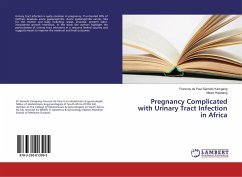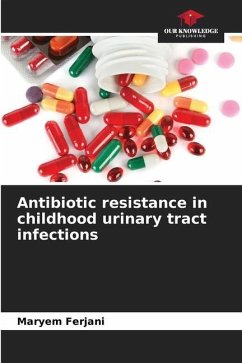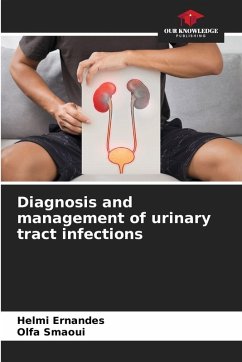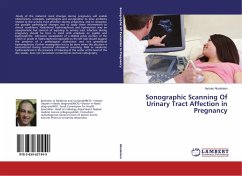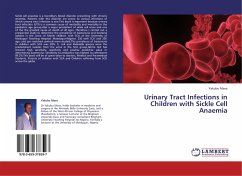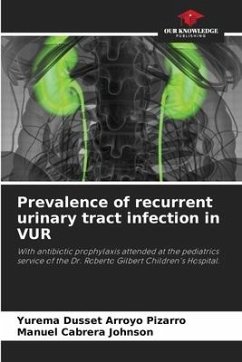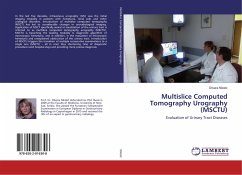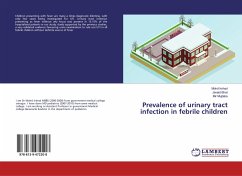
Symptomatic and Asymptomatic Urinary Tract Infections During Pregnancy
Versandkostenfrei!
Versandfertig in 6-10 Tagen
34,99 €
inkl. MwSt.

PAYBACK Punkte
17 °P sammeln!
Urinary tract infections (UTIs) during pregnancy are the most prevalent bacterial infections that affect nearly 20% of all pregnancies and accountable for 10% of all admissions to hospital during pregnancy worldwide. UTIs in pregnancy are a large and under-emphasized risk factor for pregnancy morbidity and adverse birth outcomes. UTIs include two groups: asymptomatic and symptomatic bacteriuria. Asymptomatic Bacteriuria (ASB) is defined as the presence of a significant amount of actively multiplying bacterial growth in a urine culture taken from a urine sample without any symptoms. UTIs are ba...
Urinary tract infections (UTIs) during pregnancy are the most prevalent bacterial infections that affect nearly 20% of all pregnancies and accountable for 10% of all admissions to hospital during pregnancy worldwide. UTIs in pregnancy are a large and under-emphasized risk factor for pregnancy morbidity and adverse birth outcomes. UTIs include two groups: asymptomatic and symptomatic bacteriuria. Asymptomatic Bacteriuria (ASB) is defined as the presence of a significant amount of actively multiplying bacterial growth in a urine culture taken from a urine sample without any symptoms. UTIs are bacterial infection that affects different parts of the urinary tract. When it affects the lower urinary tract, it is known as a bladder infection (cystitis) and when it affects the upper urinary tract it is known as a kidney infection (pyelonephritis) with the following symptoms such as frequency, dysuria, urgency of urination, suprapubic pain and hematuria in case of cystitis and chills, fever, flank pain, vomiting, malaise, and back pain markedly in the costovertebral angle in case of pyelonephritis.



